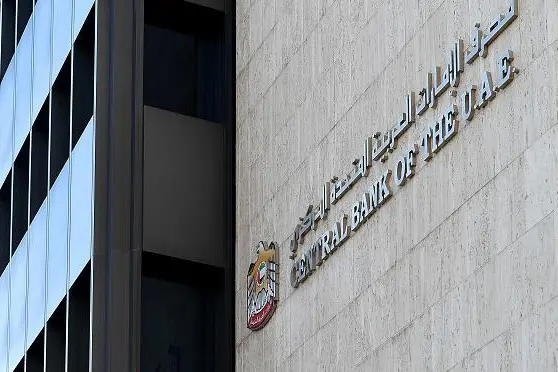PHOTO
The future of finance will see a wider adoption of central bank digital currencies (CBDCs) as a payment mechanism, a senior government official said on Wednesday.
At the Future of Finance conference hosted by the UAE Central Bank, Ahmed Ali Al Sayegh, UAE Minister of State and chairman of the Abu Dhabi Global Market, said that CBDCs will not only help push the shift towards cashless transactions, it will broaden access to financial services and make cross-border payments and trade flows more efficient.
“In recent years, various digital currencies were introduced… Among which that could become more widely adopted are the central bank digital currencies,” he said.
“Domestically, CBDCs can help drive a cashless economy and make [fund transfers] more efficient. Globally, CBDCs can support cross-border trade flows and payments. By using central bank money, payments will be faster and safer, taking place in real time.”
A CBDC is a digital form of a country’s official currency that is issued and regulated by a central bank. The UAE and other countries are currently exploring the possibility of adopting a digital currency for cross-border payments.
This year, the Central Bank of the UAE, together with the Bank for International Settlements (BIS) Innovation Hub Centre in Hong Kong, the Hong Kong Monetary Authority, Bank of Thailand and the Digital Currency Institute of the People’s Bank of China tested the use of CBDCs for international fund transfers between participating banks, based on blockchain technology.
Initial findings showed that the use of CBDCs could potentially reduce costs and speed up cross-border transactions.
“We believe that digital currencies serve to broaden access to financial services and allow more efficient and affordable cross-border trades. These benefits can only be obtained once digital currencies have come under regulatory safeguards that are appropriate to their increasingly important role in the global financial system,” said Al Sayegh at the conference.
The two-day event seeks to address the trends shaping the financial sector through discussions among stakeholders.
Panel discussions are set to tackle the effect of digital transformation, greening the financial system, cooperation between leading central banks on payments, central bank digital currencies and Islamic finance.
(Writing by Cleofe Maceda; editing by Seban Scaria)
Disclaimer: This article is provided for informational purposes only. The content does not provide tax, legal or investment advice or opinion regarding the suitability, value or profitability of any particular security, portfolio or investment strategy. Read our full disclaimer policy here.
© ZAWYA 2021




















